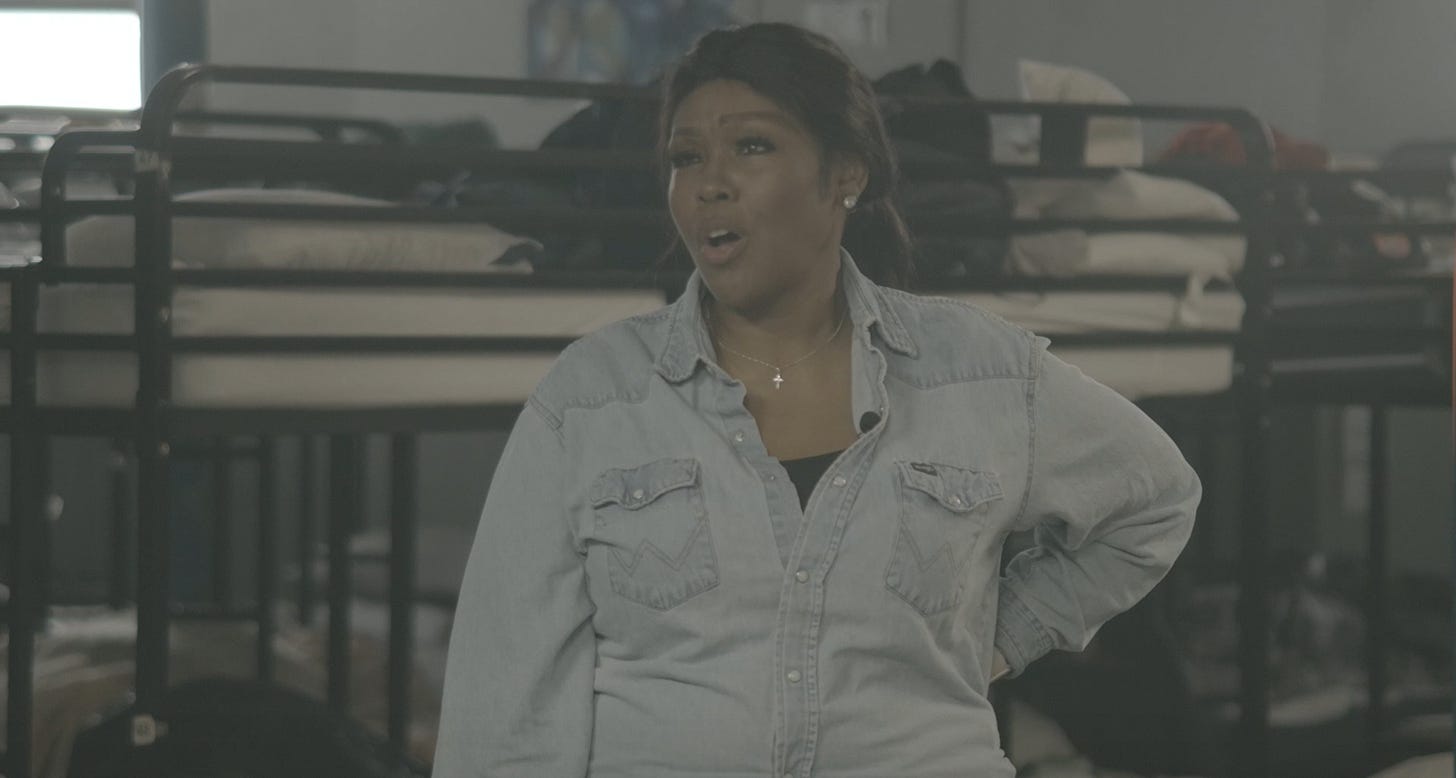How To Stop Problematic Drinking
Drinking robbed me of everything. It took me from everything that I loved, everything that I had worked for, anything that I was working towards. From family to career to income to homelessness, it took me to all those places. -Pamela Winn
How was your New Year’s Eve? Did you get smashed, trashed, plastered, obliterated, shellacked, bombed, bladdered, trolleyed? Did you drink anyone under the table, or maybe get drunk under the table yourself?
If you woke up this New Year’s Day with a clear resolution, you’ve come to the right place.
After spending years focused on the opioid crisis — a nefarious problem with no easy solution — I’ve recently expanded to alcoholism.
It’s strange because, while alcoholism is a much bigger problem than opioids, it also has a much clearer potential solution, one that, while it doesn’t work for everyone, is simple, elegant, and inexpensive.
You don’t even have to stop drinking.
By now you’ve probably heard me talking up my documentary, Antagonist, which is in post-production and should be out this year. (Your donation will bring it to life faster.)
You probably know it focuses on naltrexone, a medicine used to treat both opioid and alcohol addiction. You may even know that naltrexone is highly controversial.
But it’s only controversial for opioid addiction treatment. When it comes to treating alcoholism, there’s no controversy: Pretty much everyone agrees it’s incredible. From Slate:
Although it’s not a panacea, in hundreds of studies naltrexone has been found to be a safe and effective medication for helping people reduce and stop drinking.
Naltrexone was approved by the FDA for alcohol use disorder thirty years ago this week. Experts I interview in the film, including the Assisted Recovery Centers of America founder Percy Menzies, believe it should be called the “gold standard” for the treatment of alcoholism.
But the problem is that very few people with drinking problems use naltrexone. From the American Journal of Psychiatry:
Prescribing naltrexone for alcohol misuse continues to be one of the most underutilized interventions in medicine.
Why? Well, for one thing, people with drinking problems often don’t even think to ask their doctors for help. And, if they do, many doctors just say, “Go to A.A.”
Now, A.A. has been life-changing for millions of people. But not everyone can give up drinking permanently. In fact, most people can’t. And therein lies the beauty of naltrexone: You don’t have to stop drinking.


